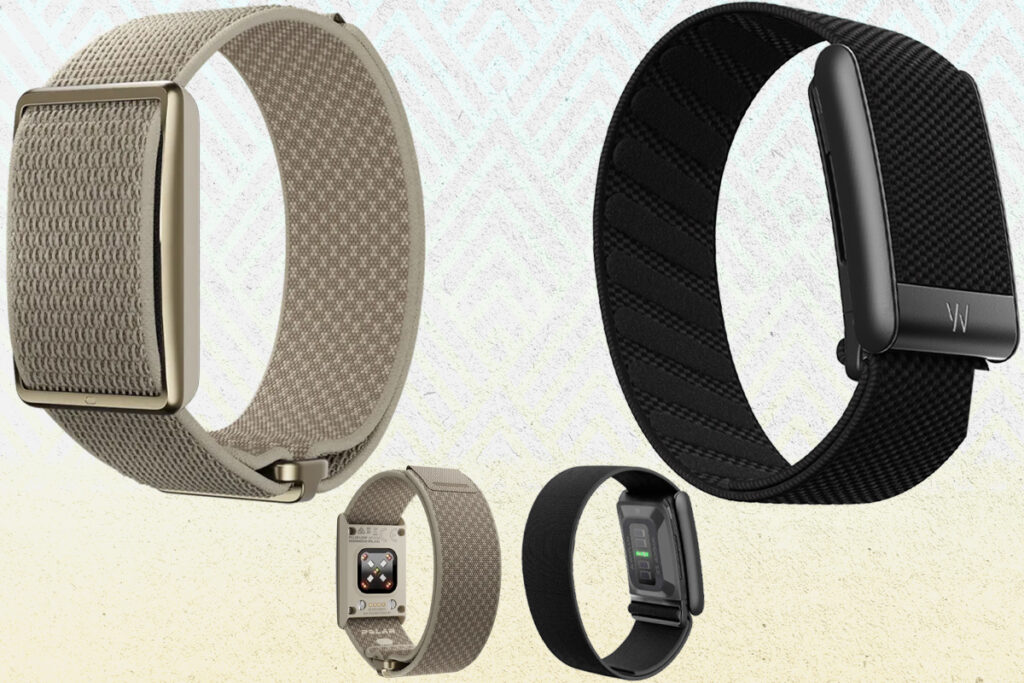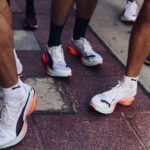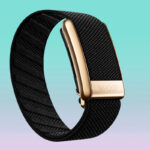Whoop has filed a federal lawsuit and preliminary injunction request against Polar in what it claims are “wholesale copy” infringements on its fitness tracking wearable designs.
In a filing from October 14 in the U.S. District Court for the Eastern District of New York, Whoop says that the new Polar Loop wearable bears similarity to its own devices that feature a “faceless” front with no screen, fabric band and metal accents.
The Boston-based Whoop also believes that the Polar wearable can confuse customers since the design bears traits that have been a staple of its device that have been on sale since the Whoop 1.0 debuted in 2015. Whoop devices have been seen being worn by athletes like Cristiano Ronaldo, Patrick Mahomes and Michael Phelps.
The company was founded in 2012 and has produced wearable devices that differ from watches from other leading brands like Garmin, Apple or Coros. Those brands have watch screens the display data that users can continuously interact with while Whoop devices function more like an accessory in on a user’s wrist like a bracelet — characteristics of their designs for the past ten years.
Whoop’s products gather information from sensors that make contact with the wrist with the data being synced with an app.
And a major area of contention in the lawsuit is that Polar is infringing on the “Whoop Trade Dress,” which are specific design details that are commonly associated with Whoop wearables.
These include a women band that covers them majority of the device, lack of screen, no buttons and metal accents along the sides of the front facing portion of the item. Whoop also also says that from just a few feet away the Polar device could be mistaken for one of their fitness trackers.
The company noted that its distinctive design fall under protection of the Lanham Act which upholds trademarks and shields it against actions from another company that could lead to consumer confusion.
On Monday, in a statement to Tom’s Guide, Polar denied the allegations and defended its stance on the infringement claims.
“Polar firmly denies any allegations of intellectual property infringement,” the statement read. “Our products are the result of decades of innovation and rigorous design processes, and we remain confident in the originality and integrity of the appearance and design of our products.”
Whoop is seeking unspecified damages and and a permanent injunction to ban sales of the Polar Loop in the United States.
Meanwhile, the Polar Loop remains on sale and retails for $199 and is available in three colors. According to the company’s website, limited quantities of the device remain.
But Whoop’s claim is the latest in a flurry of litigation involving some of the industry’s biggest tech titans that charge that their patents have been violated.
In late September, Strava said in a lawsuit that Garmin infringed on a pair of its patents involving heatmaps and segment. Days later, Suunto filed its own suit against Garmin, alleging that five patents were compromised pertaining to technology like antenna design and devices measuring respiratory rate.







